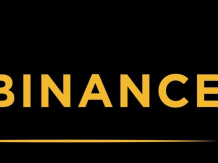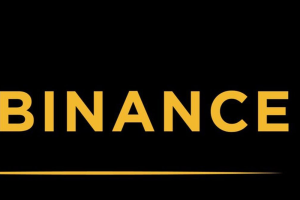Offchain Labs has revealed that Arbitrum BOLD (Bounded Liquidity Delay) is now operational on a public testnet, representing a notable advancement within the Arbitrum ecosystem.
The newly introduced protocol is designed to improve security by implementing interactive fraud proofs in optimistic rollups. Additionally, it facilitates a transition to completely permissionless validation across Arbitrum chains.
Arbitrum is recognized as one of the most prominent Ethereum Layer 2 networks in terms of active wallet usage, as previously reported by The Block. In August 2021, Offchain Labs secured $120 million in funding led by Lightspeed Venture Partners.
Arbitrum Intends To Involve The Community In Validating And Refining The Protocol
Arbitrum BOLD has launched a new dispute resolution system that allows a single, capable entity to handle multiple challenges effectively, thereby reducing the need for separate disputes. This method is designed to enhance the validation process and fortify the network against potential attacks.
Deploying BOLD on the Ethereum Sepolia testnet signifies a deliberate effort to engage the community in the protocol’s testing and enhancement. Offchain Labs emphasizes the critical role of community input during this stage to guarantee the system’s robustness and its readiness for broader deployment.
Fraud Proofs took us to a Stage 1 rollup.
Today, with BOLD, we’re on our way to becoming a Stage 2 rollup!💙
BOLD, permissionless validation on Arbitrum, is now live on testnet! 🧵https://t.co/XUj663h0Gf pic.twitter.com/42FLSwJ4ry
— Arbitrum (💙,🧡) (@arbitrum) April 15, 2024
A distinctive aspect of the BOLD protocol is its permissionless validation feature, which permits any individual to become a validator. This significant development aids in decentralizing the network by eliminating the need for a predetermined list of validators, enhancing network security and fostering a more diverse validator community.
Offchain Labs has articulated that this feature enables anyone globally to validate or contest statements about Arbitrum’s state on Ethereum. Consequently, this ensures that withdrawals from Arbitrum to Ethereum are accurate, maintaining the integrity of the historical record.
Offchain Labs also explained in its introduction of BOLD in August 2023 that the current validation process on Arbitrum One and Nova through fraud proofs is permissioned. This is due to the dispute protocols being susceptible to denial-of-service attacks, where a malevolent validator could misuse funds to block confirmations, thus prolonging the transfer of assets from Layer 2 to Layer 1 indefinitely.
Apart From The New Protocol, Arbitrum Token ARB Might See A Price Decline
Arbitrum (ARB) faces the potential for a substantial price drop with the scheduled release of its tokens on April 16. Such token unlock events often lead to high market volatility due to possible subsequent actions. According to TokenUnlock, 92.65 million Arbitrum tokens, representing 3.49% of its circulating supply, will be released on that date. Of these, 56.13 million tokens, valued at $65.10 million, will go to the team, future team members, and advisors, while 36.52 million tokens, worth $42.36 million, will be allocated to investors.
These unlocks typically trigger large sell-offs by those who receive the tokens, leading to a decline in the token’s price. Arbitrum may experience a similar downturn, as it did during its last unlock event on March 16, when its price fell from just over $2 to $1.8. However, the scale of the upcoming unlock is much smaller compared to the previous event, which saw 1.11 billion tokens—or 41.89% of the circulating supply—released.
While the potential market impact may be less drastic than before, Arbitrum still faces the risk of falling below the $1 support level for the first time in a considerable period, with prices currently hovering around this range.










